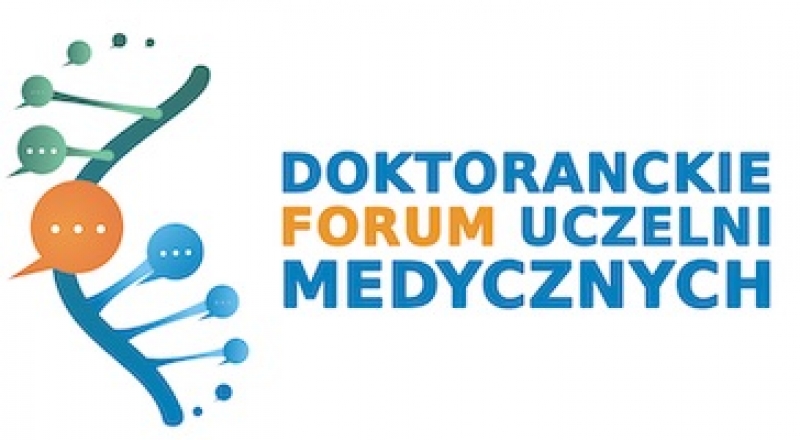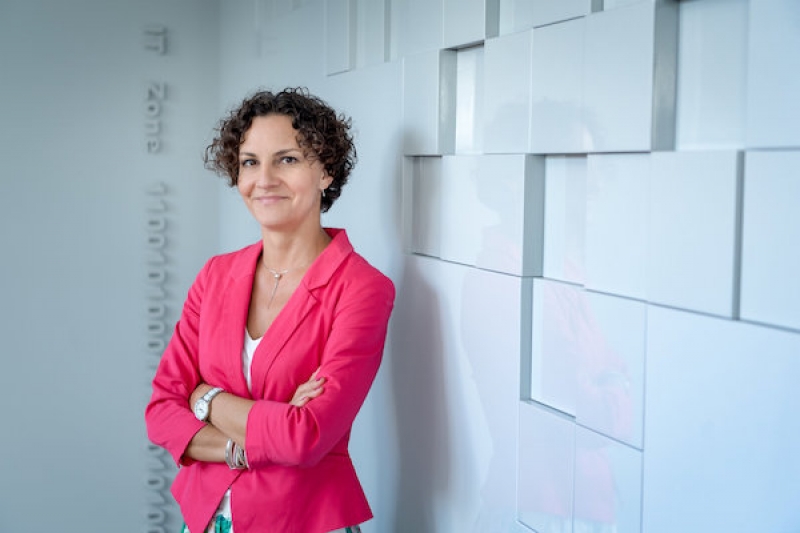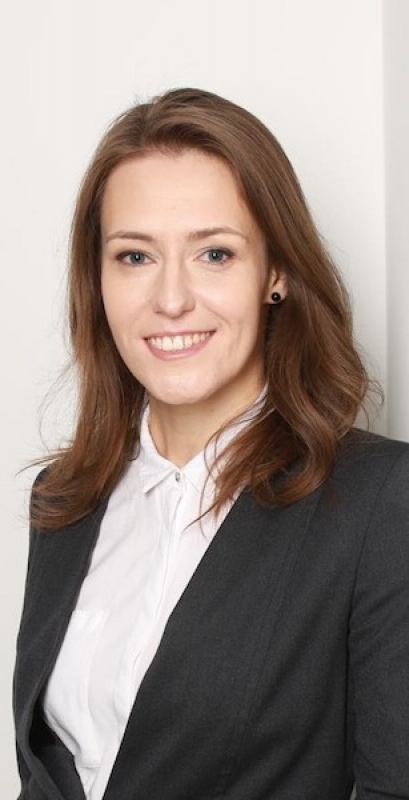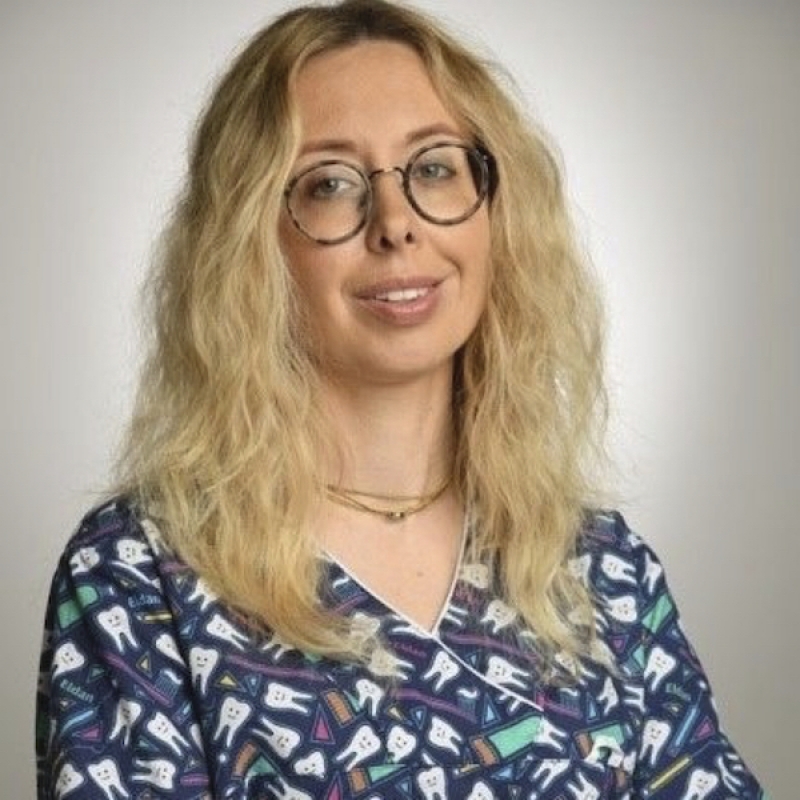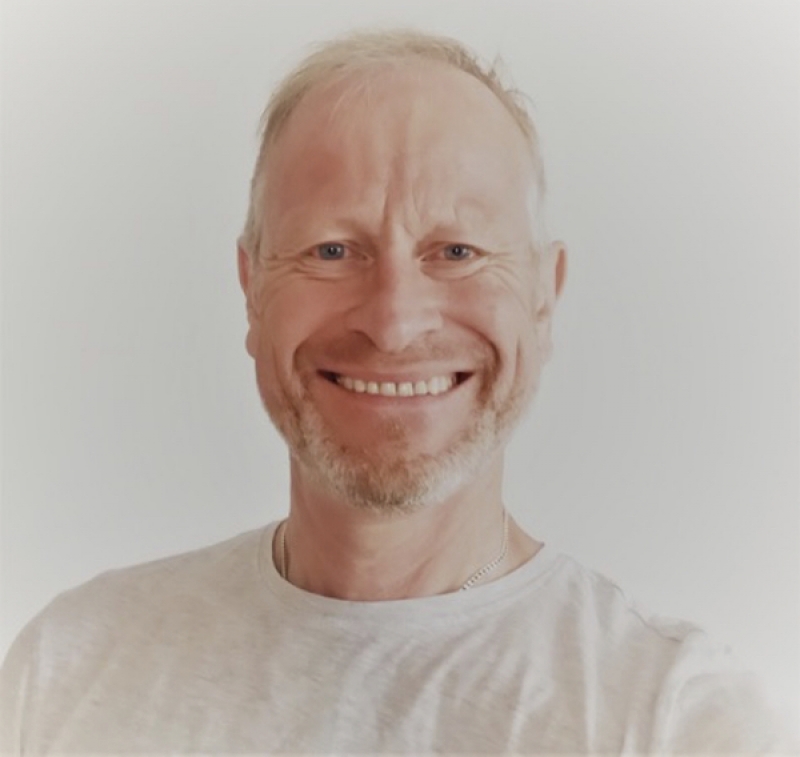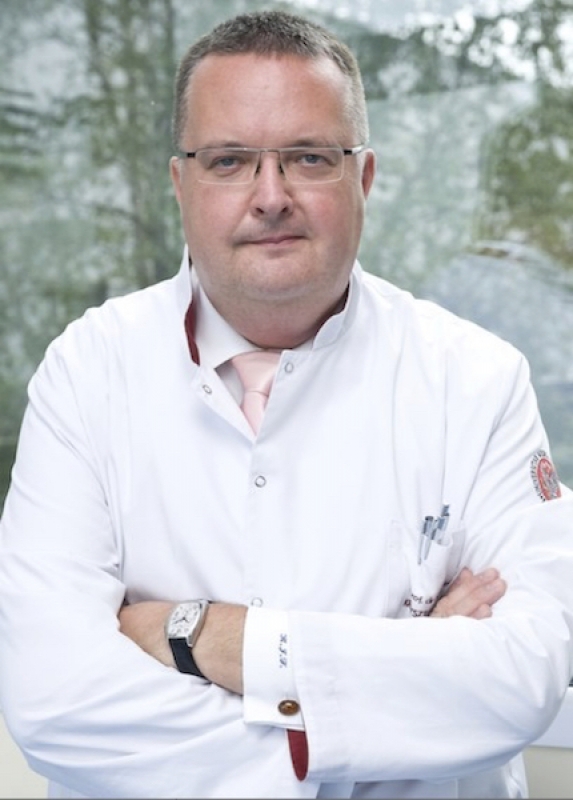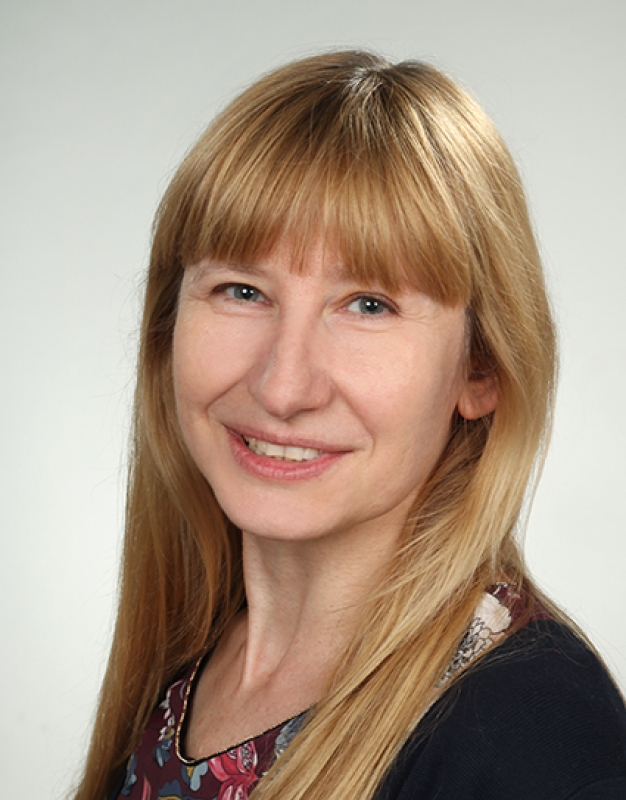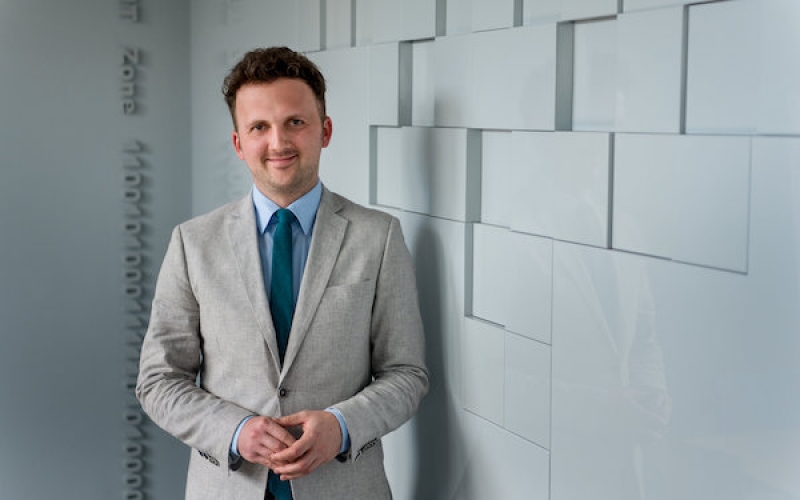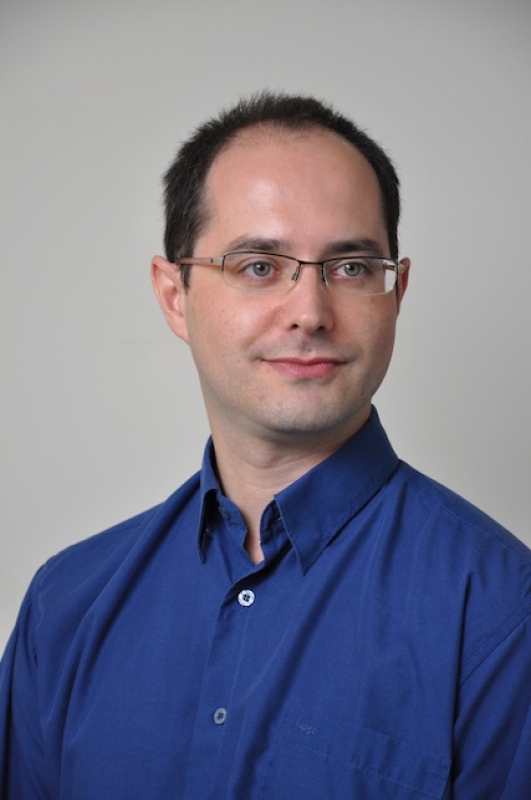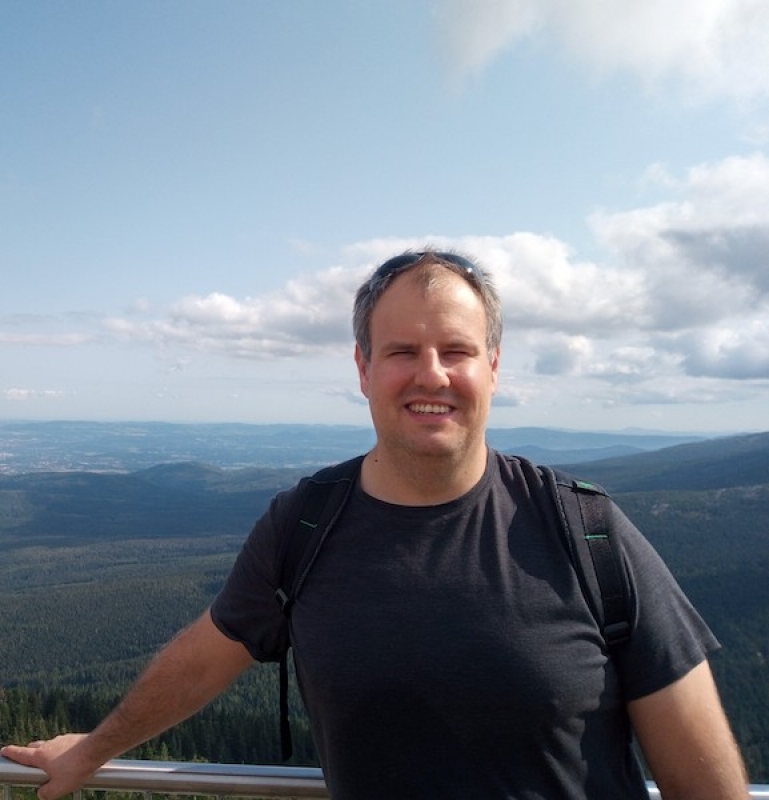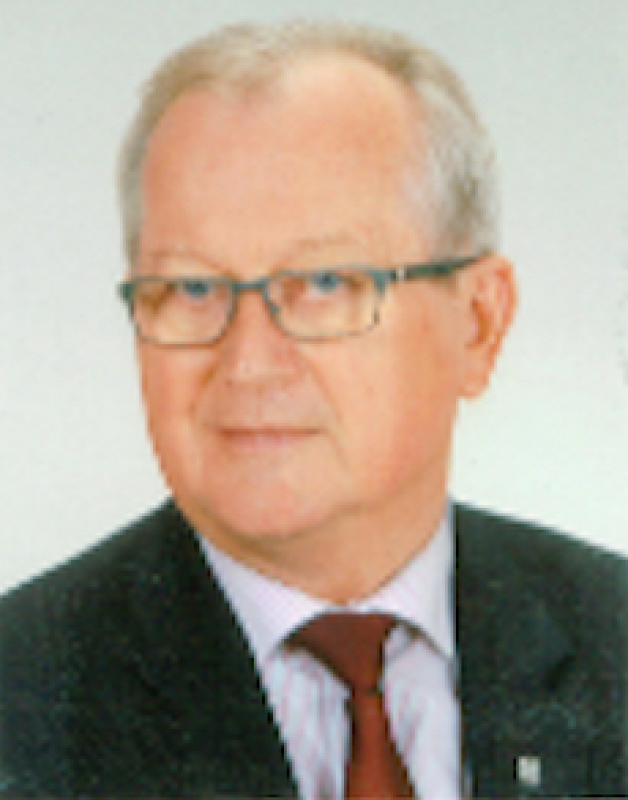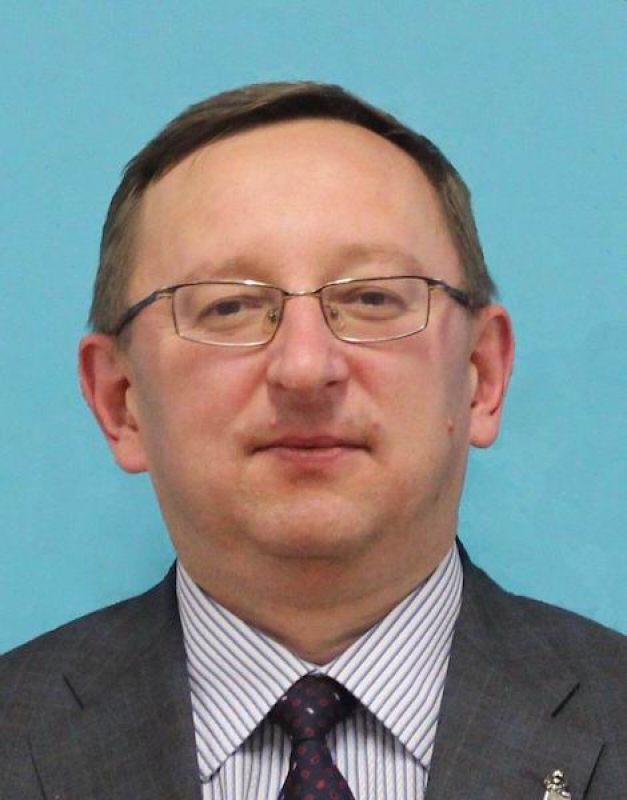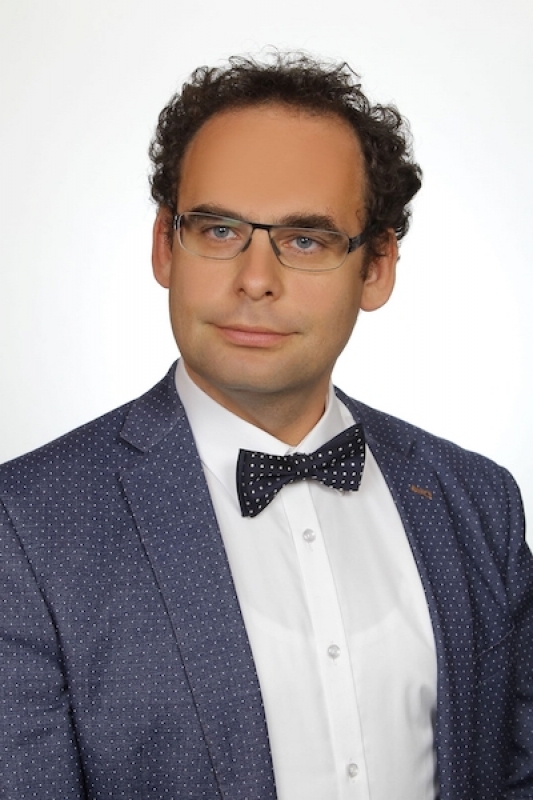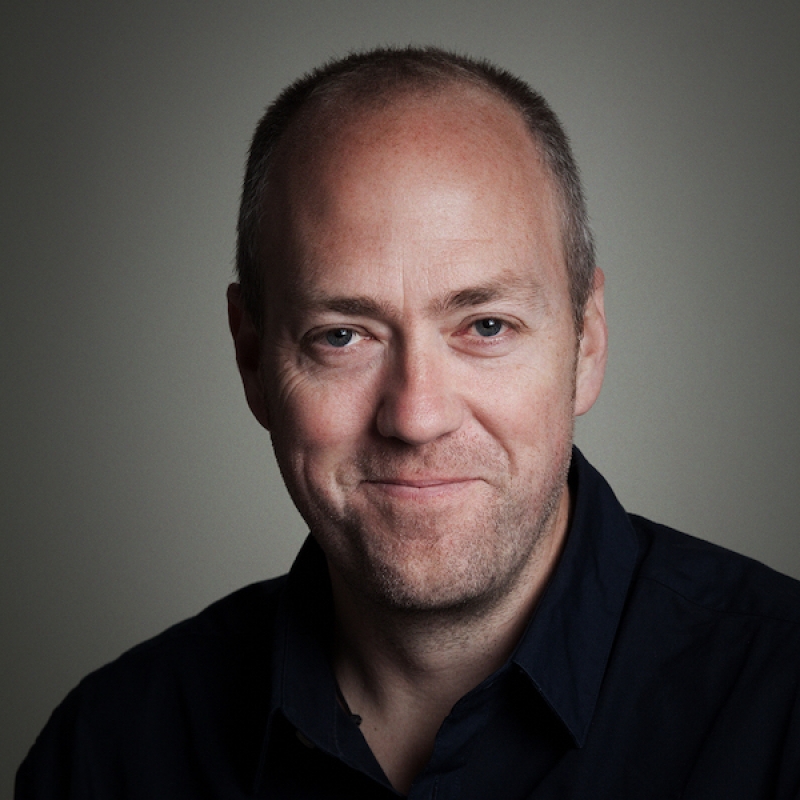„Towards unmet clinical and educational needs at PUMS”
In October 2021, a two-weeks autumn school will be organized for
- the PUMS Doctoral School participants,
- PUMS academic community as well as
- all PUMS associates and friends.
Autumn School 2021 is scheduled to run from October 11 until October 22, 2021.
It will include:
- classes in English,
- catch-up courses in various subjects of medical, health and pharmaceutical sciences,
- workshops, as well as
- an orientation meeting which includes a Morasko sightseeing tour “Where did this meteorite fall?”.
All classes will be performed on MS Teams due to the pandemic situation.
- During the Autumn School 2021, the participants will be provided with free training courses to develop skills and competences desirable in the labour market as well as improving their hard and soft skills in various areas of their professional career.
- Autumn School 2021 is a chance for all high school students to make up previously failed courses, complete courses in progress, and participate in academic acceleration.
- Students will also be able to engage in important career readiness opportunities, like the Elsevier Training.
- PhD students will have access to academic and social emotional supports designed to meet their unique needs.
- Doctoral School designed programs for our Autumn School 2021 that meet the needs of various PUMS communities and which are based on students and academics feedback.
Honorary Patronage
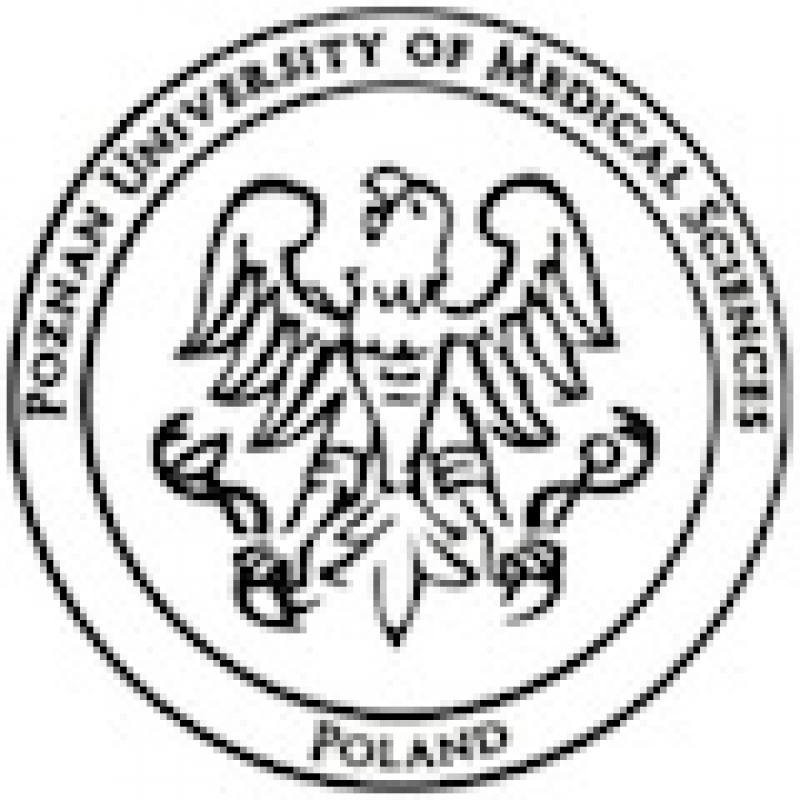
President
of Poznan University of Medical Sciences
Professor Andrzej Tykarski, MD, PhD
Patronage
Invited Speakers
Joanna Bosiacka-Kniat
Magdalena Cerbin-Koczorowska, PhD, MSc Clin Ed, FHEA
Assistant professor at the Department of Medical Education and the Head of the E-Learning Center at the Poznan University of Medical Science. Her previous scientific work was focuses on interprofessional education and collaboration among healthcare professionals. Current research activities are focused on the continuous development of medical educators as well as the role of community pharmacists in health promotion. She is a distance learning methodologist and a medical simulation instructor, appointed as an expert at the Ministry of National Education for medical vocational programs.
Assoc. Prof. Marta Dyszkiewicz-Konwińska, MD PhD
Area of expertise:
1. Studies on oral mucosa – preclinical studies on human and animal model including primary culture approach and molecular analysis ; studies on human oral cavity tissues’ regenerative potential ( including studies on oral derived stem cells and exosomes)
2. Advanced imaging of maxillo-facial area ( mostly with the use of CBCT ); including AI supported diagnostic process and its potential application into the clinics
Jonathan Facer
My name is Jon Facer and I am currently working as an English teacher here in Poznan.
I was educated in English at Cambridge and further at Birmingham University in England.
I have not always been a teacher, in fact I came to it quite a bit later than many. I have a great love also of manual work, whereby I can see an end product of my labour, and worked renovating houses for many years.
I have other interests also. I am a VO actor of a number of years and to use my language so is really satisfying.
My passion is English and I love to talk to anyone who will listen about my love for this language.
It is by no means the only language of beauty in the world but it has become increasingly important, specifically in the fields of medicine and science.
This is the subject that I would like to share with you.
Prof. Krzysztof J. Filipiak, MD, PhD, FESC
1st Department of Cardiology, Medical University of Warsaw, Poland
Specialist in: cardiology, internal medicine, arterial hypertension, clinical pharmacology (4 certified specializations)
Research interests: dyslipidaemias, acute coronary syndromes, heart failure, stable angina, cardiovascular pharmacotherapy, renin-angiotensin system, platelets, coagulation. Papers: over 450 indexed in PubMed MEDLINE; according to Google Scholar database (April, 2021): 6143 citations, Hirsch index = 36; i-10 index = 156.
Prof. Marzena Gajęcka
In 1997-2002 Marzena Gajecka has worked on DNA breakage and repair, role of polymorphisms in chosen genes and chromosomal aberrations induced by bleomycin and B(a)P in laryngeal cancer subjects. Her main research interests focus on genetics in eye diseases, keratoconus and high-grade myopia.
In addition, since 2012, Marzena Gajecka has been working on chosen microbiology aspects, microbiome characteristics, including ocular surface microbiota, and other pharmaceutical microbiology aspects.
Prof. Łukasz Gąsiorowski
Piotr Gołkiewicz
Prof. Philippe Grellier
Katarzyna Jaśkiewicz
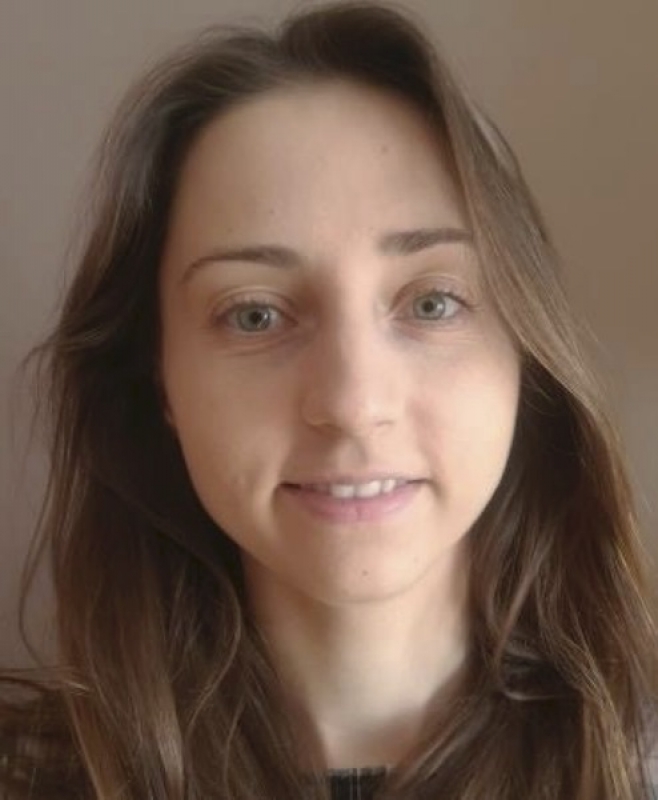
I graduated from the Faculty of Laboratory Medicine at the Poznan University of Medical Sciences. The theme of my master thesis was the evaluation of the effect of cisplatin in combination with a modulator of autophagy on glioblastoma multiforme cells. Since I graduated, I have been studying new molecular technics and carrying out a few projects including the circulating cell-free DNA as a biomarker in Head and Neck Squamous Cell Carcinoma, and metagenomic study of gravidae with T1D and their neonates. Nowadays, I’m a PhD student in the International Doctoral School in the Institute of Human Genetics, Polish Academy of Sciences (IHG PAS), receiving a scholarship financed by the National Science Centre in Poland (OPUS project no. 2018/31/B/NZ5/03280, titled „Multi-level molecular assessment based on laser microdissection of corneas to reveal biomarkers and therapeutic targets of keratoconus”). Currently, my area of interest includes single-cell and spatial multiomic approaches in the keratoconus studies.
Prof. Elżbieta Kaczmarek
Big medical data storage and analytics – The term “big data” refers to large and complex data volume, which is difficult or impossible to process using traditional methods. The concept of big data storage is defined as a compute and storage IT architecture that enables data collection and management for their fast processing and analysis. Searching of hidden patterns without over-fitting the data involves deep learning methods for large volume data of good quality.
A survey of machine learning algorithms applied to lesion detection and classification of medical images will be presented. In particular, advances of the use of deep learning in digital pathology for computer-aided diagnosis, accurate detection and classification of cancers, and efficiency of various diagnostic and treatment processes will be discussed.
Paweł Kaczmarek
Prof. Dr. Leonid Kagan
Dr. Kagan in an Associate Professor in the Department of Pharmaceutics and Director of Center of Excellence for Pharmaceutical Translational Research and Education, Ernest Mario School of Pharmacy, Rutgers, The State University of New Jersey. He also is an Honorary Assistant Professor in Pharmacy, University of Nottingham, UK.
Dr. Kagan’s research interests are focused on the investigation of interactions between biological systems and therapeutic agents, with an emphasis on pain medications, antiinfectives and anticancer biotherapeutics. He develops and applies advanced translational mathematical models for understanding mechanisms of these interactions and for optimization of pharmacotherapy in special patient populations.
Tomasz Koczorowski, Ph.D.
works as an assistant professor at the Chair and Department of Chemical Technology of Drugs at PUMS. He graduated with his Ph.D. in 2017 under the supervision of Prof. Tomasz Gośliński. His scope of scientific work embraces medicinal chemistry, electro-, and photocatalysis, and nanotechnology. His recent research is focused on obtaining selective electrochemical sensors based on porphyrinoids and carbonaceous nanomaterials or efficient electro- and photocatalytic systems mimicking the catalytic functions of cytochromes. He is also interested in creating conjugates between gold nanoparticles and various active pharmaceutical ingredients.
prof. Zenon J. Kokot, PhD
Retired professor of the Poznan University of Medical Sciences (PUMS) and a professor at the Calisia University in Kalisz. Co-founder of a unique and well-equipped laboratory at the Department of Inorganic and Analytical Chemistry for proteomic and metabolomic research, bioanalysis, drug analysis and environmental research. He is interested in searching for biomarkers of diseases such as: lung cancer, prostate cancer, diabetes in pregnant women, allergy, cerebral hemorrhage.
Prof. Roman Lesyk
Professor Roman Lesyk is a professor of pharmaceutical/medicinal chemistry at Danylo Halytsky Lviv National Medical University. During 2004-2014 he occupied the Pharmaceutical Faculty dean’s position, whereas since 2015 he was a Head of the Department of Pharmaceutical, Organic and Bioorganic Chemistry. His research interests concern 4-azolidinone cores within structure-based drug design, especially in the area of medicinal chemistry of anticancer, anti-inflammatory, anticonvulsant, antimicrobial, antiviral, antitrypanosomal, and antimicrobial agents. He was a promoter of 16 PhD thesis. Prof. Roman Lesyk is a Doctor honoris causa of the Poznan University of Medical Sciences (2019) and Laureate of the State Prize of Ukraine in Science and Technology (2019).
Prof. Jan Matysiak, PhD
Biopharmaceutical analyst, specialist in the field of mass spectrometry, proteomics and metabolomics. Currently Head of the Department of Inorganic & Analytical Chemistry, Poznan University of Medical Sciences (PUMS). He is interested in analysis of natural products and other complex matrices such as: honeybee products, serum, plasma, urine, tears, cerebrospinal fluid, synovial fluid, hairs and cell lysates.
Dr Dariusz Młynarczyk
Dariusz Młynarczyk currently works at the Chair and Department of Chemical Technology of Drugs. He received his PhD in 2019 form Poznan University of Medical Sciences, Poznan, Poland. His scientific interests are mostly focused on – but not limited to – developing new photosensitizers and photoactive materials, as well as their potential use in therapy or in photoremediation of pharmaceutical pollutants. He is also interested in the synthesis of new derivatives of natural products with potential biological activity.
Prof. Raphael Olszewski
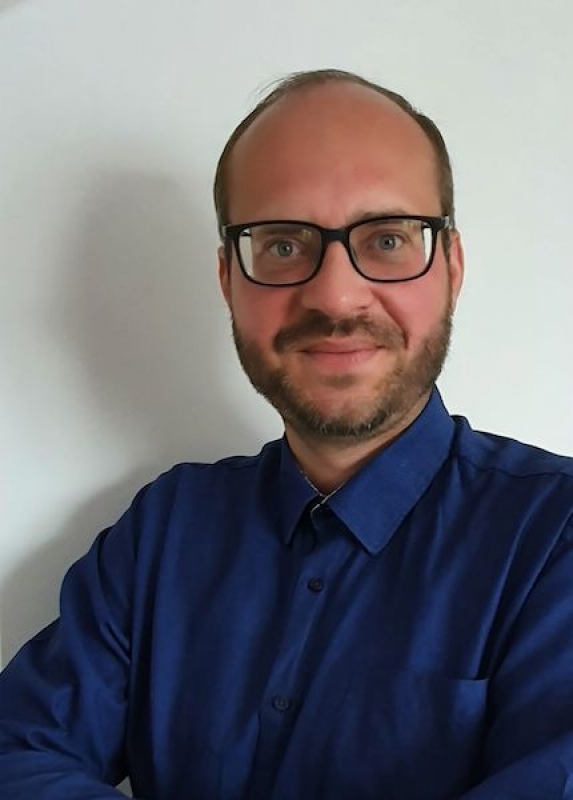
Professor Raphael Olszewski was born in Warsaw in 1971, he obtain dental degree (UCLouvain, Belgium 1996) and medical degree (UCLouvain, Belgium, 2001), followed by PhD (UCLouvain, Belgium, 2008).
His post doc fellowship was at radiological lab at Brigham and Women Hospital in Boston, teaching hospital of the Harvard University (US). He was visiting professor at Jagiellonian University in Cracow (Poland) from 2016 – 2018, he received habilitation degree in 2017. In 2019 Professor Olszewski was appointed full professor at his alma mater in Belgium, Université catholique de Louvain (UCLouvain).
His research interest concentrate around 3D cephalometric analysis, dental and maxillo-facial radiology (CBCT), low cost 3D printing in oral and maxillofacial surgery. Professor Olszewski is advocating for Open Science, Open Access publication, Open sources software and Open collaboration. He is editor-in-chief of the diamond open access journal NEMESIS.
☞ About the Journal | NEMESIS (uclouvain.be)Christian Saunders
Christian was born in Australia and worked as a graphic designer, builder, photographer, and magician before moving to the Spanish countryside. One cold and rainy night in 2010 a neighbour came knocking on his caravan and asked for help to pass an English exam. That night, a deep and lifelong passion for language was born.
Christian taught English for 10 years at his small English school in Galicia in the north-west of Spain but is now known for his online presence as Canguro where his videos about language learning and interviews with language experts have been watched millions of times by hundreds of thousands of teachers and students from all over the world.
Prof. Maria Siemionow
Dr Tomasz Torlinski MD PhD FFICM
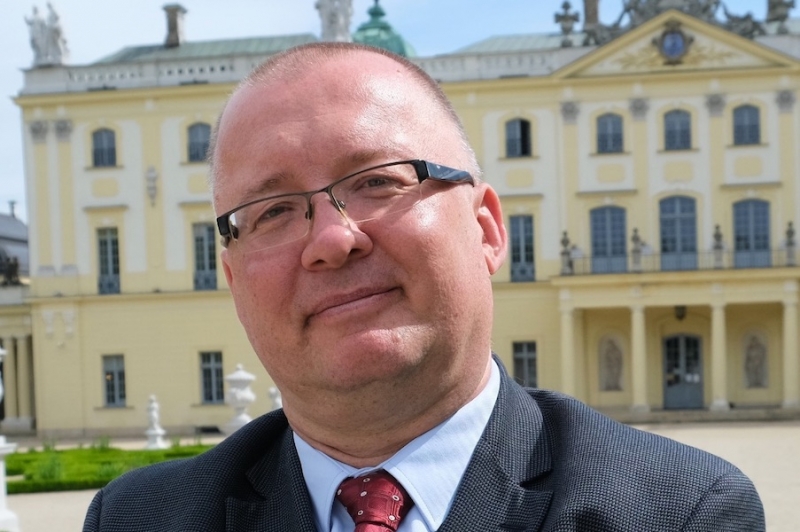
Tomasz Torlinski graduated with distinction from the Faculty of Medicine of Poznan University of Medical Sciences in 1995. He continued postgraduate education in the Postdoctoral School of his Alma Mater, being awarded PhD in Medical Sciences for his dissertation on “Influence of gastric acid inhibitors on gastric pH and volume in obese patients undergoing general anaesthesia”, under the supervision of professor L Wolowicka in 2000. His further clinical training in the Department of Intensive Care and Pain Treatment of PUMS led to the board certification in Anaesthesiology and Intensive Therapy by CEM in 2002. This was followed by the clinical academic appointment as visiting instructor at prestigious Washington University in St. Louis, Missouri, USA in 2005 and further promotion to visiting assistant professor at Penn State University, College of Medicine in Hershey, Pennsylvania, USA a year later. Further on, in 2008 Dr Torlinski was appointed as a substantive consultant in anaesthesia and intensive care medicine at University Hospitals Birmingham NHS FT, UK. Dr Torlinski significant interest in medical education led to the intensive development of a postgraduate education programme in the Department, which culminated by his appointment as Specialty Education Lead in and Faculty Tutor by the Faculty of Intensive Care Medicine in 2017. His special interest is divided between clinical anaesthesia and critical care in burns and trauma and postgraduate education, with significant emphasis on non-technical skills. The former resulted in a long-standing appointment locally as Lead Clinician for Critical Care in Burns in 2013-2018, as well as nationally as co-author of Guidelines for the Provision of Anaesthetic Services, a chapter on burns and plastic surgery by Royal College of Anaesthetists. For the latter, for the outstanding services to the speciality, he was admitted to the Faculty as Fellow ad eundem in 2019. Dr Torlinski has published extensively on both topics, in the leading journals in the field such as BMJ Open or Burns. Recently he has been granted visiting scholarship in NAWA Medic programme of the National Agency of Academic Exchange at UMB Bialystok, where he is contributing to the development of undergraduate education in the English Division of Faculty of Medicine.
Prof. Jarosław Walkowiak
Prof. Jacek Wysocki
Dr Paweł Zmora
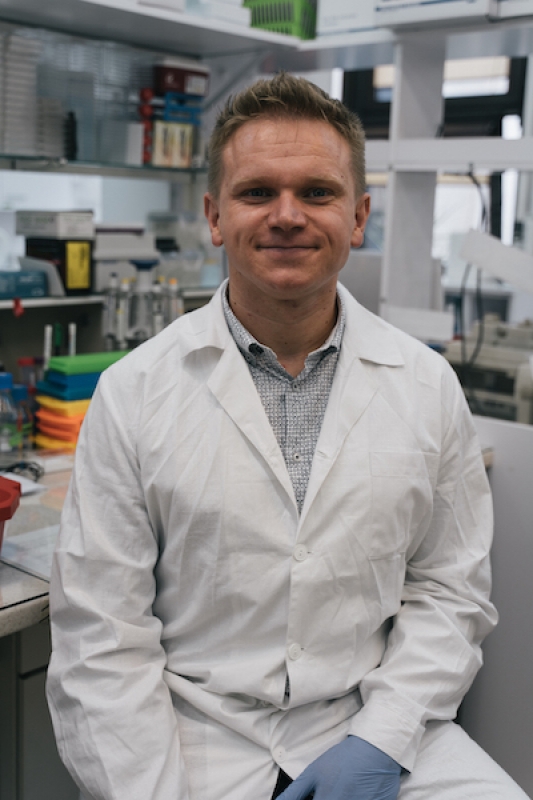
Dr Paweł Zmora graduated Biotechnology at the Poznań University of Life Sciences, Poznań, Poland in 2010, and defended his doctoral dissertation with honors in the field of newly emerging infectious diseases (influenza, SARS, MERS) at the Georg-August University in Göttingen, Germany in 2016. He gained his scientific experience in Germany (German Center for Primary Research Leibniz Institute for Primate Research in Göttingen, Max Planck Institute for Dynamics of Complex Technical Systems in Magdeburg), Ireland (National University of Ireland in Galway) and in Poland (Poznań University of Life Sciences). Currently, dr Zmora is the Head of the Department of Molecular Virology at the Institute of Bioorganic Chemistry Polish Academy of Science, Poznan, Poland, and the Principal Investigator of two projects funded by the National Science Centre, which focus on the new strategies to fight respiratory viruses, i.e. SARS-CoV-2, influenza viruses. Author of 25 scientific publications and 1 international patent in the field of microbiology, virology and molecular biology. His research interests include emerging viruses (influenza, SARS-CoV, MERS-CoV, SARS-CoV2), interaction between the virus and the host cell, new antiviral agents, diagnostics of infectious diseases and bioprocess engineering of vaccines. Decorated by the President of the Republic of Poland with the Silver Cross of Merit for scientific research and participation in the development of the first Polish genetic test for the presence of the SARS-CoV2 virus.
Dr Paweł Żebryk
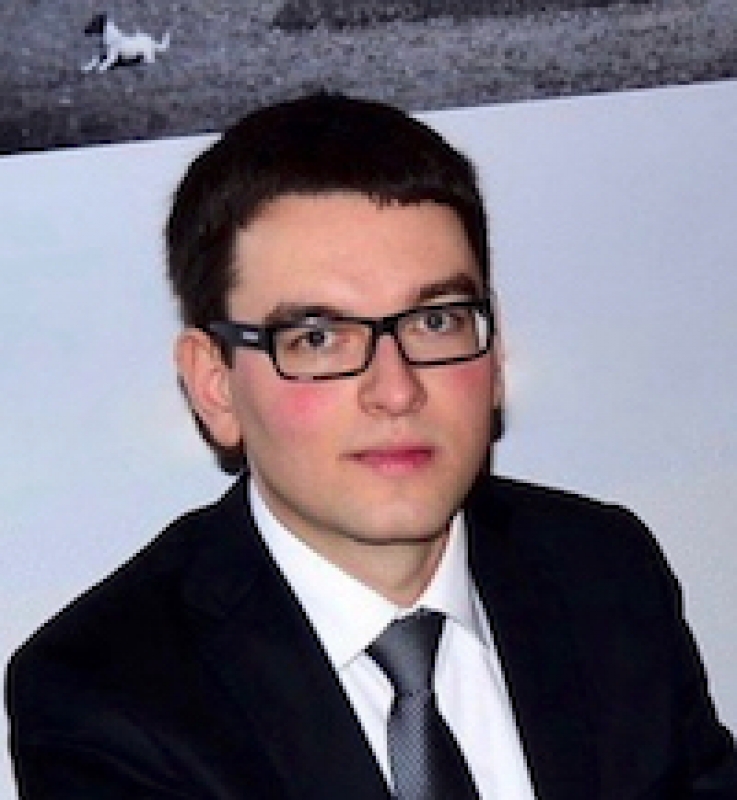
He is a specialist in internal medicine and rheumatology and a teacher at classes for medical students in the field of rheumatology, pathology, immunology, professionalism, medical education and doctor-patient communication. Currently works in the Department of Medical Education of PUMS. He completed postgraduate Master of Science in Clinical Education (MSc ClinEd) at the University of Edinburgh: completed (2013) with the submission of a master´s thesis entitled: The Bologna Process in practice – the experience of Polish medical students under the ERASMUS program. He obtained his doctorate in the field of medicine on the basis of his doctoral thesis entitled: Assessment of the occurrence and clinical significance of selected autoantibodies in systemic sclera. He is the author of the university’s system of assessing the quality of classes by students and works on its improvement. His mission is education that broadens horizons and teaches critical thinking, because he believes that the future depends on its quality.
Registration
All participants will sign up through Autumn School 2021 link available on PUMS Doctoral School website under the ☞ link.
Sunday, 10 Oct 2021 – 10:30-14:00
WEEK 1
Monday, 11 Oct 2021 – 15:15-20:30
15:15-15:30
Kick-off Meeting with Organizers. Activities planned within our Doctoral School 2021 Schedule
15:30-17:00
Inaugural lecture – My Journey to Success in the US
Maria Siemionow
17:15-18:45
Malaria, past, present, future
Philippe Grellier
19:00-20:30
Modern databases for efficient and effective bio-medical literature searching on the example of Embase
Piotr Gołkiewicz
Tuesday, 12 Oct 2021 – 15:30-20:30
15:30-17:00
From Assistant to PUMS Rector
Jacek Wysocki
17:15-18:45
Big medical data storage and analytics
Elżbieta Kaczmarek
19:00-20:30
How to easily find information about registered drugs; their adverse effects, toxicity, pharmacokinetics, metabolism etc on the example of PharmaPendium database
Piotr Gołkiewicz
Wednesday, 13 Oct 2021 – 15:30-20:30
15:30-17:00
Tales from Beyond the Veil. What lies after PhD? Non-scientist dare to lecture young researchers about scientific career building truths, half-truths and lies. Inspiring them (or not) to handle their professional lives in proactive way and future-proof mindset
Paweł Kaczmarek
17:15-18:45
The Role of Modeling and Simulation in Drug Development
Leonid Kagan
19:00-20:30
How English Developed to Become the Dominant Language for Science and Medical Purposes
Jonathan Facer
Thursday, 14 Oct 2021 – 15:30-20:30
15:30-17:00
Cystic fibrosis: a multifaceted nutrition-related disease
Jarosław Walkowiak
17:15-18:45
Professionalism
Paweł Żebryk
19:00-20:30
Canguro English – Language learning, academic English, international communication – “Successful international communication in English”
Christian Saunders
Friday, 15 Oct 2021 – 15:30-18:45
15:30-17:00
(only PUMS Doctoral School English group)
Introduction to Simulation-Based Medical Education
Łukasz Gąsiorowski
17:15-18:45
(only PUMS Doctoral School English group)
Introduction to Simulation-Based Medical Education
Łukasz Gąsiorowski
WEEK 2
Monday, 18 Oct 2021 – 15:30-18:45
15:30-17:00
(only PUMS Doctoral School English group)
Nanotechnology in the service of medicine and pharmacy. Nanoparticles as drug carriers – synthesis and basic physicochemical characterization – workshop
Tomasz Koczorowski, Dariusz Młynarczyk
17:15-18:45
(only PUMS Doctoral School English group)
Nanotechnology in the service of medicine and pharmacy. Nanoparticles as drug carriers – synthesis and basic physicochemical characterization – workshop
Tomasz Koczorowski, Dariusz Młynarczyk
Tuesday, 19 Oct 2021 – 15:30-20:30
15:30-17:00
Long shop ICU: multidisciplinary management of surge in critically ill patients and the role of electronic decision support systems
Tomasz Torliński
17:15-18:45
COVID-19 – is it over?
Krzysztof J. Filipiak
19:00-20:30
Canguro English – Language learning, academic English, international communication – „Formal and academic English”
Christian Saunders
Wednesday, 20 Oct 2021 – 15:30-20:30
15:30-17:00
Michael Acceptors Chemistry & Drug Design Pro Et Contra
Roman Lesyk
17:15-18:45
Structures of life lecture
Jan Matysiak / Zenon Kokot
19:00-20:30
Multi-level molecular assessment to understand causes of keratoconus
Katarzyna Jaśkiewicz, Marzena Gajęcka
Thursday, 21 Oct 2021 – 15:30-20:30
15:30-17:00
Feedback – Seminarium
Magdalena Cerbin-Koczorowska
17:15-18:45
SARS-CoV-2 at the IBCH PAS – from the development of the first Polish diagnostic test to the novel anti-viral strategies
Paweł Zmora
19:00-20:30
Memoirs of Sisyphus. Writing grants and not failing every time. Increase your research grant success rates thanks to set of practical advice from experienced European Commissions
Joanna Bosiacka-Kniat
Friday, 22 Oct 2021 – 15:30-19:15
15:30-17:00
How to prepare systematic review?
Marta Dyszkiewicz-Konwińska
17:15-18:45
Introduction to Open Science
Raphael Olszewski
19:00-19:15
Summary of our Doctoral School 2021 – Why we are not saying good-bye? See you next year



